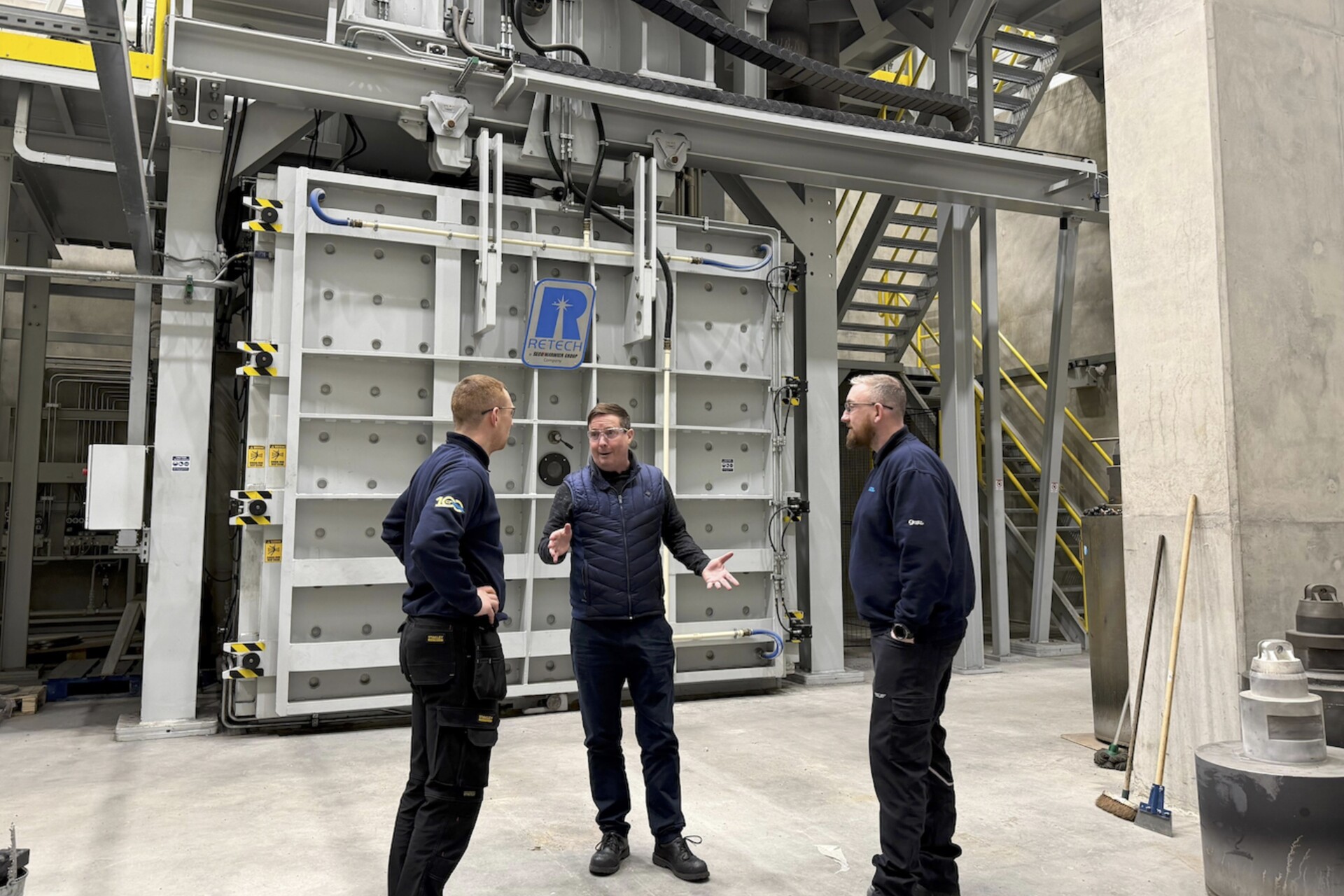Bridging the Gap: Why Skills and Planning Must Align to Meet the UK’s Housing Ambitions

By Marie Carter-Robb
With housing at the top of the national agenda, Government ambitions are running high – from building 1.5 million new homes and reinvigorating town planning to fast-tracking major infrastructure schemes. But the gap between political rhetoric and practical delivery remains wide.
Chris Acton, CEO of Clancy Consulting – the Manchester-based multi-disciplinary engineering consultancy – explores the two structural challenges that continue to hamper progress: a chronic skills shortage and a slow-moving planning system. As he argues, neither can be fixed in isolation if the UK is to unlock the infrastructure and housing future it needs.
The scale of the skills challenge
Wherever you look, the data tells the same story. The Trade Skills Index points to a “missing million” – the 937,000 skilled individuals needed by 2032, of which almost a quarter must be qualified apprentices. Meanwhile, the Construction Industry Training Board (CITB) reports that 252,000 additional workers are required between 2024–28.
Anecdotally, we hear the same questions being asked across the industry: where are people to bring to life the government’s ambition?
The reality tells a different story: an ever-ageing workforce; a limited, ready-made talent pool; and intense competition from other sectors are stretching capacity.
Without direct intervention when it comes to skills, there might be a question mark over the delivery of the government’s housing and infrastructure goals.
Skills England – a fresh approach
That’s why Skills England, which launched this year, must succeed. The new body is designed to simplify a fragmented system, better connecting industry, trade unions, educators and local leaders to identify skills needs and create clearer pathways into careers.
Crucially, it is linked directly to the government’s new industrial strategy, which aims to align training with national economic priorities.
All the ingredients are there to streamline the loop between education, employers and growth – and we’re all keen to see how it quickly translates to new people with spades in the ground.
In parallel, the £140million of joint investment from the CITB and NHBC to fund 32 Homebuilding Skills Hubs is a welcome jab in the arm for the industry. By providing practical, local training and fast-tracked apprenticeships for up to 5,000 young people annually, this is exactly the kind of hands-on intervention the sector needs.
But let’s be honest: none of this will bear fruit unless industry grabs the opportunity with both hands. We employers must commit to apprenticeships, embrace lifelong learning, and create workplaces that appeal the younger, more diverse generation we need to attract.
At Clancy, we invested in brand-new headquarters in Manchester city centre to position ourselves in the heart of a thriving talent pool. It was a huge culture shift for many of our team, but, ultimately, it helps to connect us to skilled people, world-class education and our peers.
Planning: the other half of the equation
Skills are critical and planning is equally important – and equally problematic. Even with the workforce in place, too many projects often stall in the planning system.
Just before the recent Labour conference, the government was loud and clear about its pledge to “Build, baby, build”, a major theme for the annual gathering. There is a rousing commitment to reform planning rules, unlock more strategic land for development and accelerate major infrastructure decisions, including housing.
These steps are necessary, but unless the planning framework is genuinely streamlined and resourced properly – including investment in more planning officers – we will continue to see projects delayed, adding risk and cost for developers and specialists in the supply chain like us.
Engineering consultancies like us see the direct impact of this bottleneck every day. Clients with funding and ambition are ready to deliver, but the planning process can hold them back.
Turning words into action
If we are to deliver new homes, better transport links and improved energy infrastructure, planning reform must move in tandem with workforce development.
Skills England and the Skills Hubs mark a positive change in direction, and the kind of bold announcements we want to see.
The construction industry is always ready to play its part. What we need is long-term certainty: a planning system that releases the pipeline, and a skills system that provides the people to deliver it.




